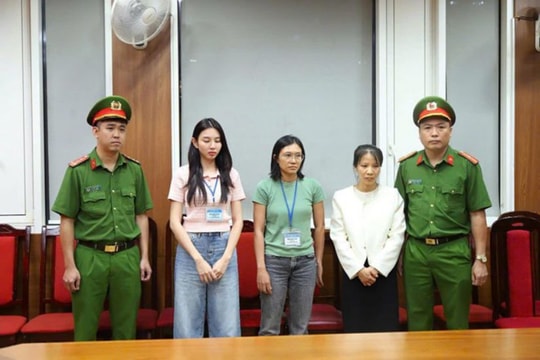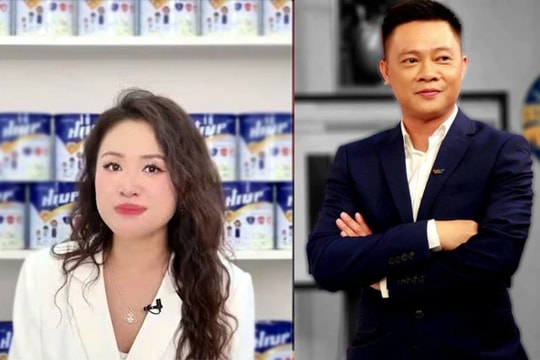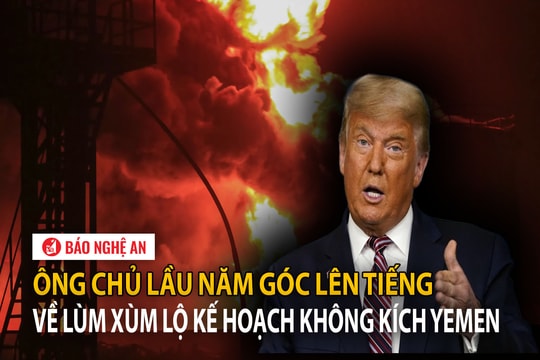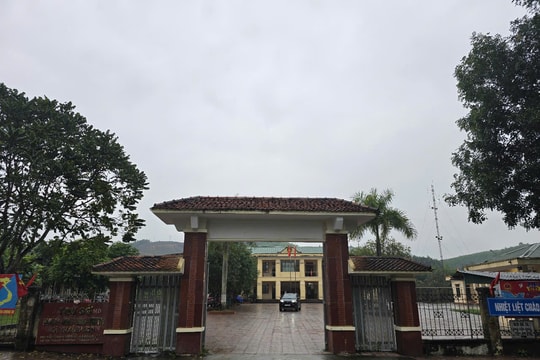From the Bui Tien Dung case to the image copyright of world stars
Thanh Hoa Club owns the copyright of goalkeeper Bui Tien Dung's image through a labor contract. However, that is not the way clubs around the world usually do...
The labor contract signed between Bui Tien Dung and FLC Thanh Hoa clearly states: "Players do not have the right to receive any personal contracts without the written consent of the club", and also mentions the regulation of sharing image profits "depending on the commercial contract".
So, there is no longer any debate about who has the right to exploit Bui Tien Dung's image, and this goalkeeper is bound to Thanh Hoa Club in terms of image and is not allowed to sign with a third party until he turns 25. However, the agreement on image copyright in the world is a little different.
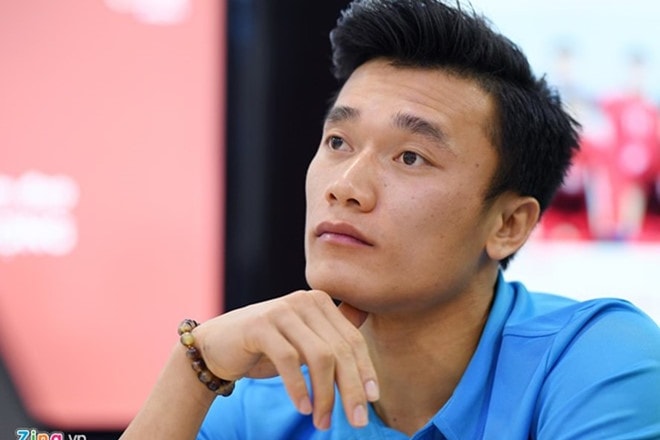 |
| Bui Tien Dung is embroiled in a controversy over image copyright. |
First, what is image copyright? As football develops into an industry, a player (and coach) not only has value on the field but can also make money based on his reputation.
However, because the home club also sees this benefit, so-called image rights are born - a commercial transaction on everything related to the player, from name, signature, nickname, image, speech and other personal identification.
The question is, does a player have to sign an image rights contract with his club? The answer is no. Note that in general player recruitment regulations (e.g. in the Premier League), there are already some clauses that allow clubs to use the player’s image for promotional purposes.
It is quite restrictive though, such as “a player's image must not be more than average compared to others in the first team”.
Therefore, it is necessary to create an image copyright contract, which will help the club to be more convenient and make full use of the player's value. However, it should be emphasized here that the image copyright is a separate contract, not related to the main contract between the player and the club.
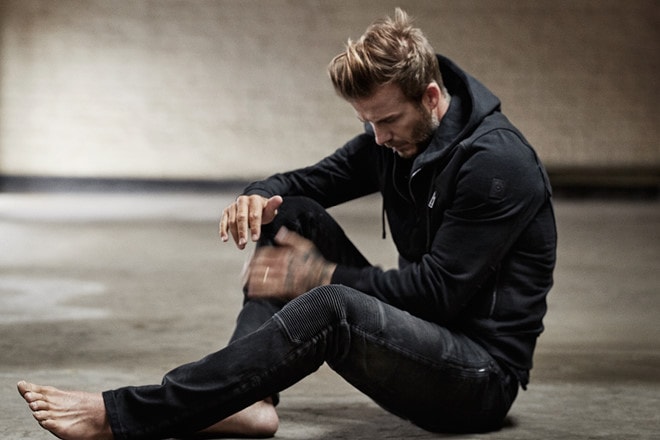 |
| David Beckham is an icon of commercial success in football. |
It means that when a player comes to a club, there will be two contracts, one is the labor contract, including the term, salary, bonus, agent fee; and another agreement, about image copyright with the participation of a third party.
Why is this? According to Daniel Geey of the University of Manchester, it comes down to tax. Premier League players pay 45% income tax and 2% National Insurance. This is a huge cost when you add in image rights income.
Signing a separate contract helps solve this problem (in other words, circumvent the law). The club will use an outside company to exploit the image and pay the player, they only lose 20% corporate tax, and also do not have to deduct 2% for insurance.
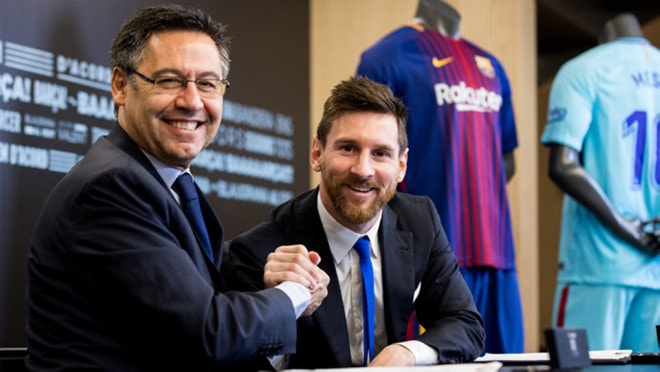 |
| Lionel Messi only directly signed the image copyright contract, while the employment contract was entrusted to his father, Jorge Messi. |
That is why we see that when Lionel Messi renewed his contract with Barca last November, he had 2 contracts (actually 3 if you include the contract with the Leo Messi Foundation). In addition to the labor contract signed by his father, Jorge Messi, there is also an image contract under his name.
There is a caveat to Messi’s case. In Spain, players have the freedom to decide whether or not to sign an image rights contract with their club. And here, Barca have been very successful in convincing the Argentine superstar to do so (by offering him a salary of £500,000 a week, the highest in the world).
Let's assume that a team is willing to pay a fortune for Messi, but since the image rights still belong to Barca, they will not be able to get the commercial revenue to recoup the investment. So the idea of buying him is considered to be nipped in the bud.
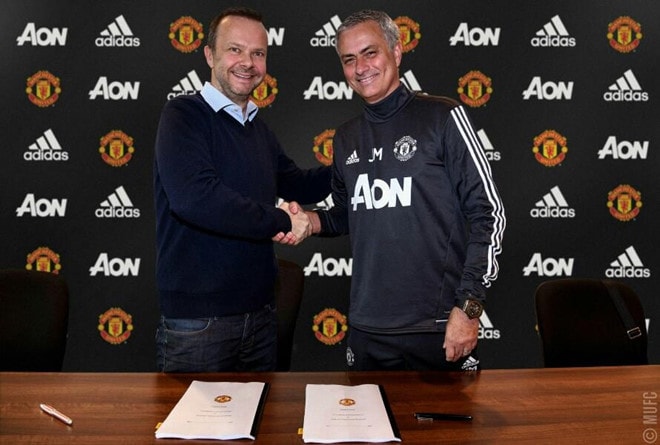 |
| Before signing a contract with MU, Jose Mourinho was still bound to Chelsea regarding an image copyright contract. |
This story is similar to MU with Jose Mourinho. He was fired by Chelsea in December 2015, which is understood to have terminated his employment contract, but the image contract is still in place, and The Blues are allowed to use the Portuguese coach's name on sponsor products.
This constraint seriously affected MU's business opportunities when appointing Mourinho in May 2016.
They won't be able to use the Special One's image and worse, many of the brands he represents (at Chelsea) are in direct competition with the Red Devils' partners. Luckily, Mourinho isn't Messi so spending money to buy back the image contract isn't too expensive.
So how much does a player earn from an image rights deal? It depends on his reputation and the agreement with the club.
Alexis Sanchez, for example. According to Daily Mail, the Chilean star's base salary at MU is 350,000 pounds/week (18.2 million pounds/year), plus 100,000 pounds/week (5.2 million/year) in image rights, or 28.5% of his salary. This is relatively high compared to the average, leading to Sanchez turning his back on Man City and accepting to wear the red shirt.

